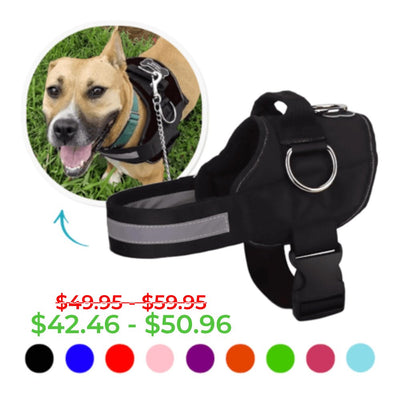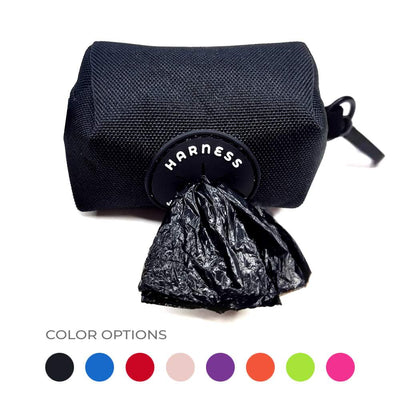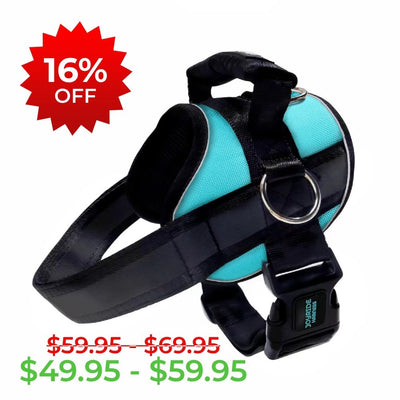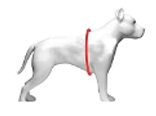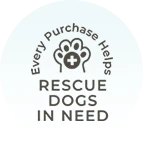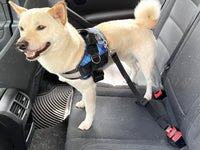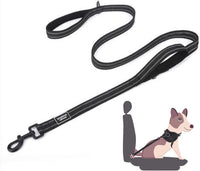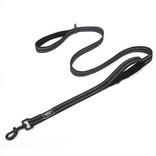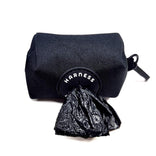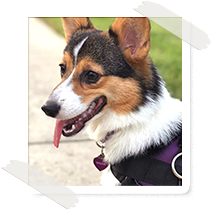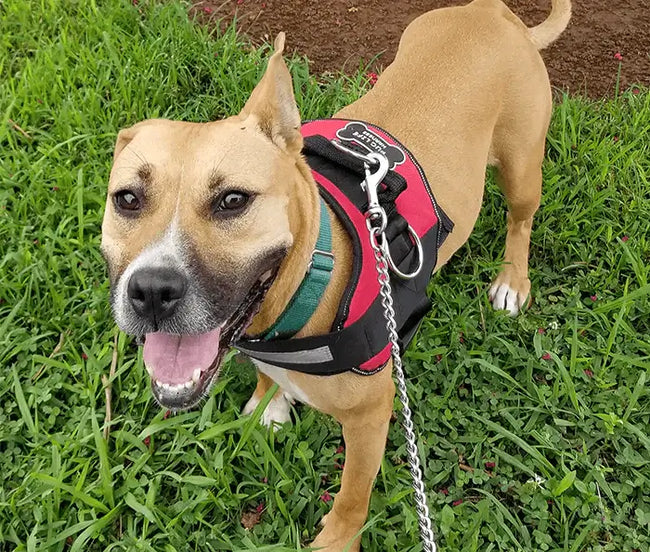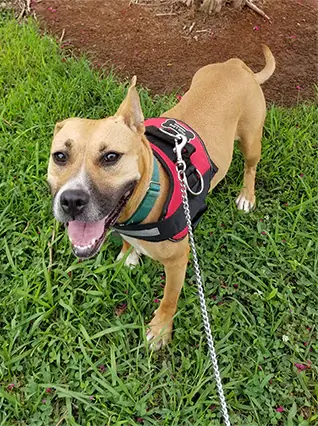How to Socialize Your Dog During A Pandemic
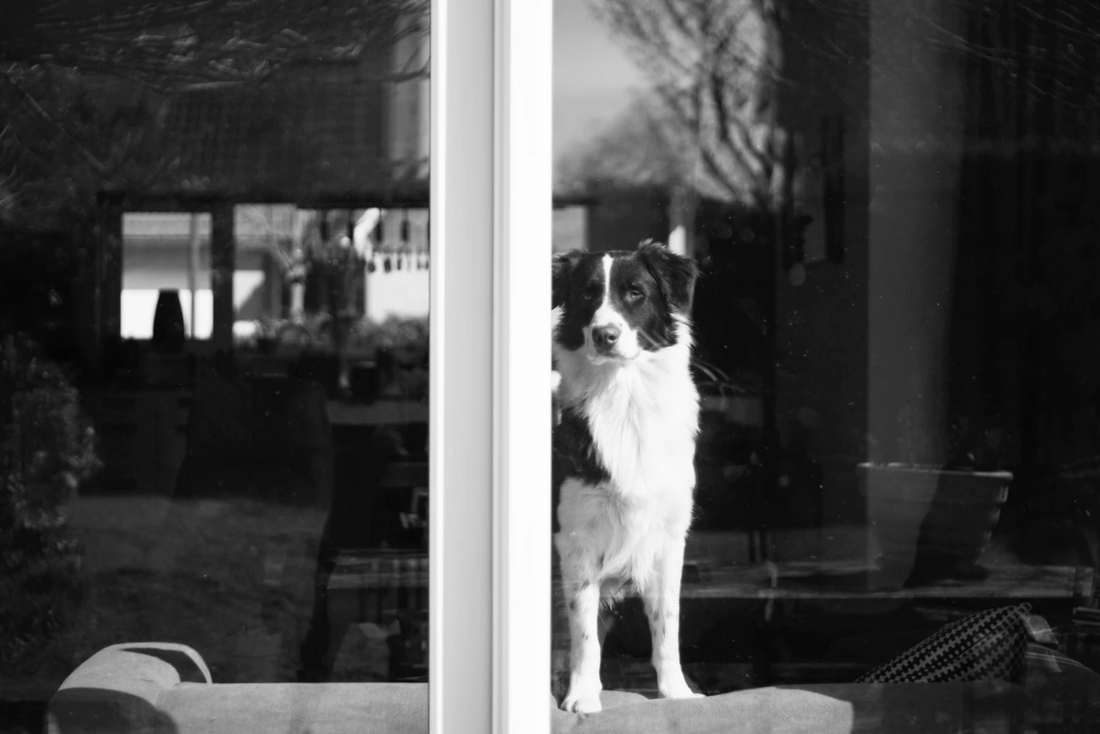
In 2020, the COVID-19 pandemic swept the globe and got cozy in the United States. The coronavirus forced us all into quarantine, waiting for the vaccine to roll out. But we weren't the only ones affected by the pandemic. At the start of the pandemic, shelters were overwhelmed caring for dogs of all ages - puppies, adult dogs, older dogs - looking for their forever homes. That tune quickly changed between March 2020 and July 2020, when dog shelters and businesses had a new experience: a boom in adoptions and sales.
Individual dogs were receiving dozens of adoption applications and clearing out the shelters. Hey! Maybe you adopted a dog or puppy during the pandemic. Way to go! But between the pandemic, social distancing rules, mutating viruses, etc. how do you go about dog socialization?
If you love dogs just as much as we do - which we're sure of since you're here reading this - you are determined to give them nothing but positive experiences in their lifetime. Part of that is ensuring your dog is socialized.
What is socializing?
Socialization holds a different meaning for dogs than it does for humans. When it comes to dogs, socialization is about the impact of new experiences your dog has; introducing them to new things and developing positive associations. With socialization, you are giving your puppy the social skills to grow into a confident adult dog.
Socializing your puppy during times of uncertainty in the United States might seem like a risky task, but it's more safe and easier than you think. Dog socialization only requires putting your dog and pup in new scenarios and circumstances.
Start With the Basics
A confident dog is one that has an understanding of all their senses and some grip on the world around them. Introduce them to the world.
- Sight: Stimulate their sense of sight by slowly introducing them to different environments inside your home and outside of your home.
- Sound: Expose your dog to different sounds whether it's your vacuum cleaner, hair dryer, keys, etc. When you introduce these sounds to your dog, be mindful about how you are acting. Think about making positive associations with different sounds by showing positive reactions.
- Touch: Encourage your dog to explore different textures and surfaces like grass and carpet.
What About People & Dogs?
Socializing in a traditional sense seems more difficult to do during the coronavirus pandemic. It is. There are limitations and rules to follow to reduce the spread of the infectious disease, but there are also hacks. It's the "new thing" for now, but it's not forever. Here are some ways you can try to get people time in for your adult dog or young puppy.
- Give your dog or pup more access to windows or clear doors so they can see people and dogs passing by.
- Gear up and buckle up your dog in the car with the window rolled down and go for a joyride. They can see the sights, people, and other dogs along the way.
- Coordinate a social distancing walk with a friend or someone who has a dog. If you don't have a friend who is available with a dog, walks with your friend at a safe distance is good for your dog's socialization too. It helps your pup adjust to being around new people. Remember "new experiences", wearing a face mask, and keeping your dog on a leash as the Centers For Disease Control and Prevention (CDC) and World Health Organization (WHO) have not confirmed or rejected the potential spread of COVID-19 by pets. If you must be in a public place, including dog parks, make sure it's not congested with people and be mindful of social distancing rules surrounding COVID-19.
What Happens If You Don't Socialize Your Dog?
If your puppy or dog are not experiencing proper socialization, they may develop behavioral issues and may not grow to be a confident adult dog. Confidence is an umbrella word for numerous social skills that will help your dog live a quality life.
- Without proper socialization, your dog or puppy is subject to not liking the company of other dogs or different people (including friends and family members). When your dog is well-adjusted to being around other dogs and different people, they are taught beneficial communication skills.
- Your dog (or pup), as a result of lack of proper socialization, will be more reactive in times of fear or distress and their body language changes. Socialization provides the skill set to cope and assess circumstances before acting.
- There's potential they will resist leaving the house. Without socialization, they're more fearful of the world around them and it's hard for them to have a good time.
- Without socialization, your dog or puppy is more sensitive to sounds that may startle them. Socialization helps with preparedness.
When Should You Start Socializing?
For full impact, it's advised to start socializing your dog within the first 16 weeks of age. Depending on their temperament and ability to learn basic obedience skills, they may need puppy training classes. Older dogs may need dog training classes, but at-home training is possible even in dog's adulthood.
This is just a sampling of tips and informational posts we offer at Joyride Harness. You can find more content including tips and tricks and how-tos for caring for your dog on our blog in this section.

